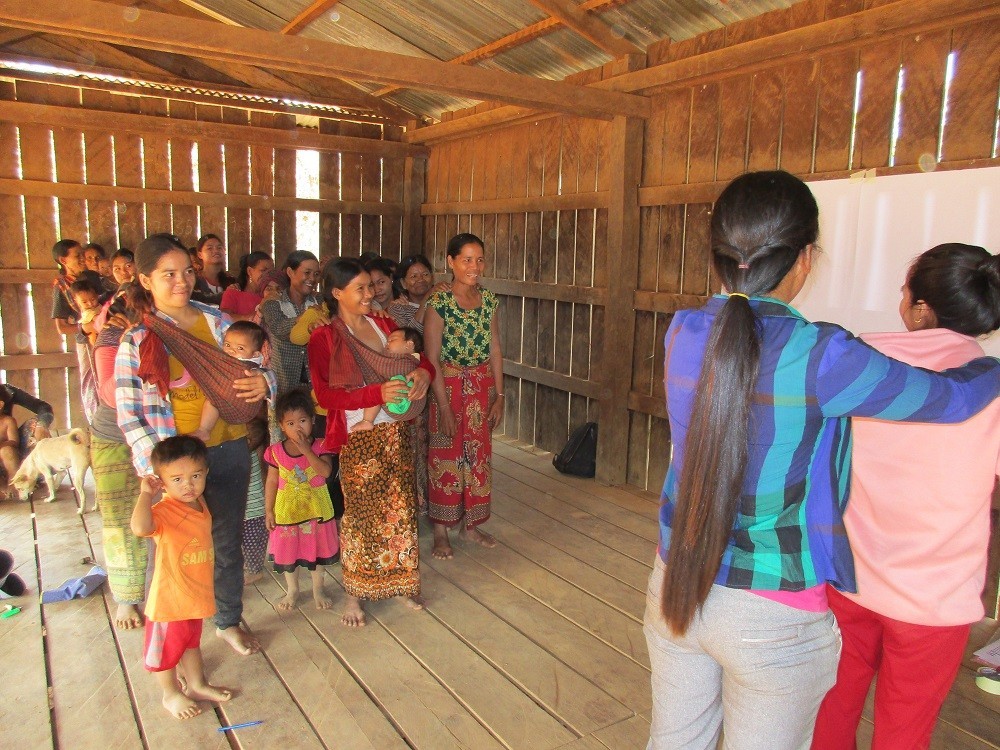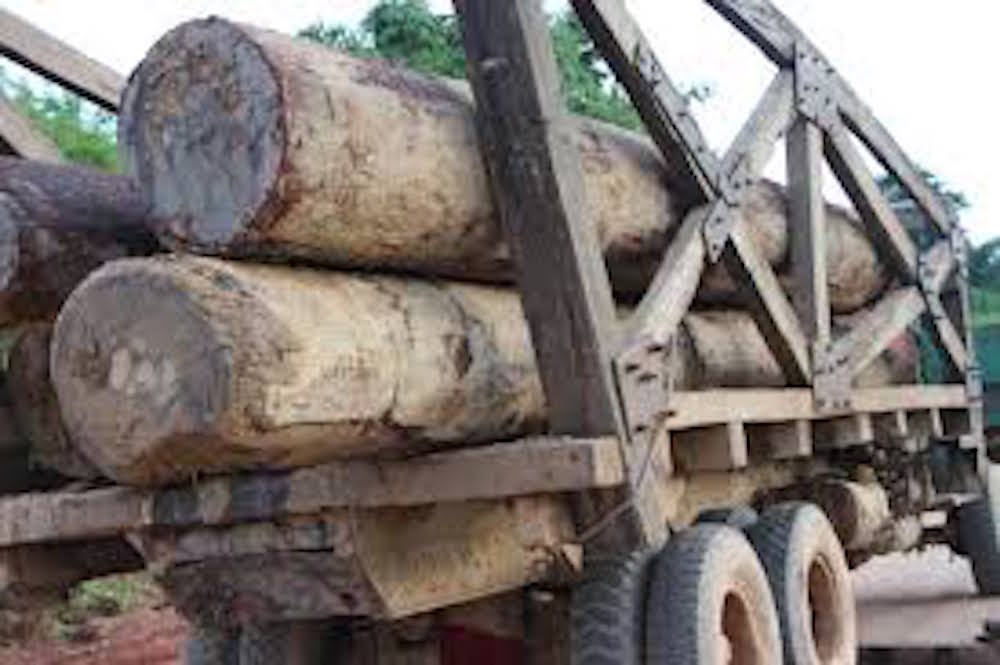Extractives Industry (EI) activities in the Mekong Region have been controversial, causing environmental impacts and conflicts between the private sector and affected communities. Although the mining and extractives sector in Cambodia is still relatively small, in recent years there have been a large number of exploration licenses granted to both local and international companies. Cambodia is on the verge of a major expansion of its EI. However, the legal framework governing mining in Cambodia is still undeveloped and concerns have been raised by communities that there is a lack of transparency in the licensing and Environmental Impact Assessment (EIA) processes.
USAID-supported Mekong Partnership for the Environment (MPE) partner Development and Partnership in Action (DPA) improves the ability of their network of NGOs and the public to constructively engage in the development of related EI laws and work toward effective and responsible investment.
DPA’s work with MPE strengthens the capacity of their network members in corporate social responsibility, Free Prior Informed Consent, and business and human rights to engage with other stakeholders to ensure more effective and responsible investment. DPA pursues dialogue to strengthen multi-stakeholder participation in development decision-making and regional platforms and empowers the public to monitor government and company compliance with EIA laws and guidelines.
Over the past year and a half, MPE partner DPA has worked to build a platform for effective multi-stakeholder engagement on the impacts of mining activities in Cambodia’s Ratanakiri Province. DPA has worked to educate and empower community members to voice their concerns and provide input on mining activities, and has also facilitated productive and collaborative meetings between mining companies, community members and local government. With DPA’s support, these stakeholders have established an increasingly trusting and transparent working relationship.
The communities, mining companies and local government have all acknowledged the value of DPA’s efforts and have recognized that without DPA’s efforts, they would not have reached the point where they could constructively work together to make mutually-agreeable progress. DPA’s work in the province to establish multi-stakeholder dialogues has influenced decisions made by the mining companies to hold regularly scheduled consultations with the community, open up their facilities to community monitoring, resolve conflicts cooperatively, and delay activities until mutual solutions can be reached.
This case study represents multi-stakeholder engagement on the impacts of mining activities in Ratanakiri province, where houses much of Cambodia’s biodiversity and protected ecosystems as well as indigenous communities. This case study focuses primarily on mining project in Ratanakiri province and the improvement of it practice in relation to CSR and business and human right to mitigate the social and environmental impacts.
Download the full case study, please click here.
This is an outreach announcement from the USAID–funded Mekong Partnership for the Environment (MPE), a key supporter of The Mekong Eye.
Lead photo: Community Mining Focal Points (CMFP) provided EIA training at Peak Village in Ratanakiri province, Cambodia (Photo: MPE)





